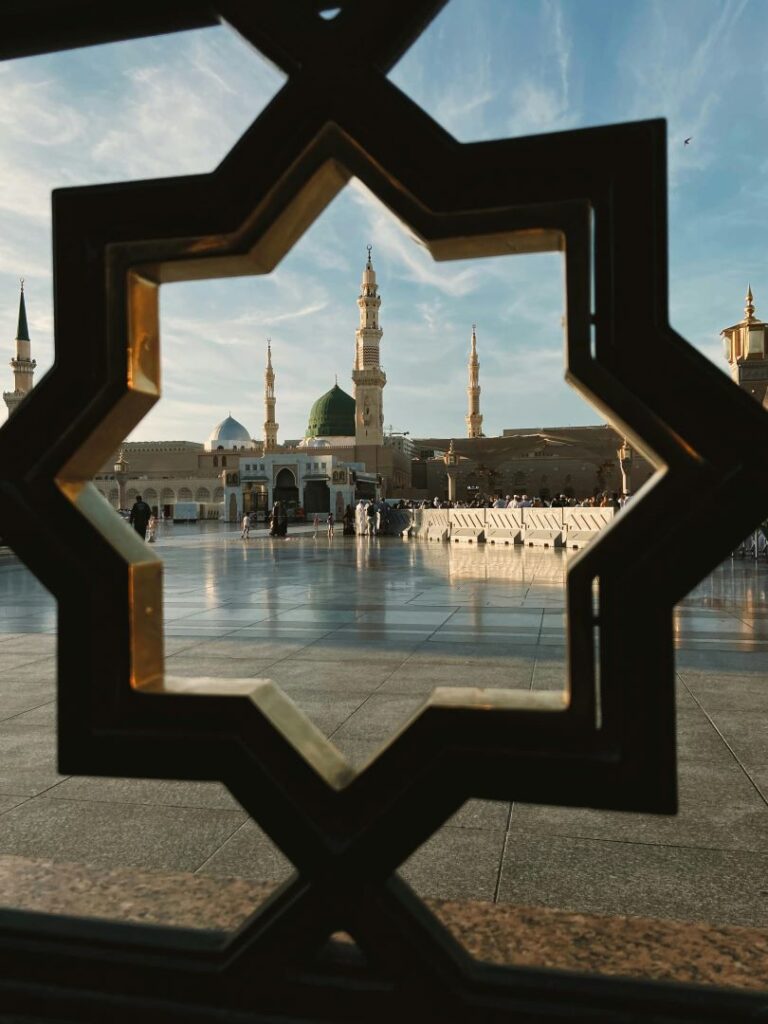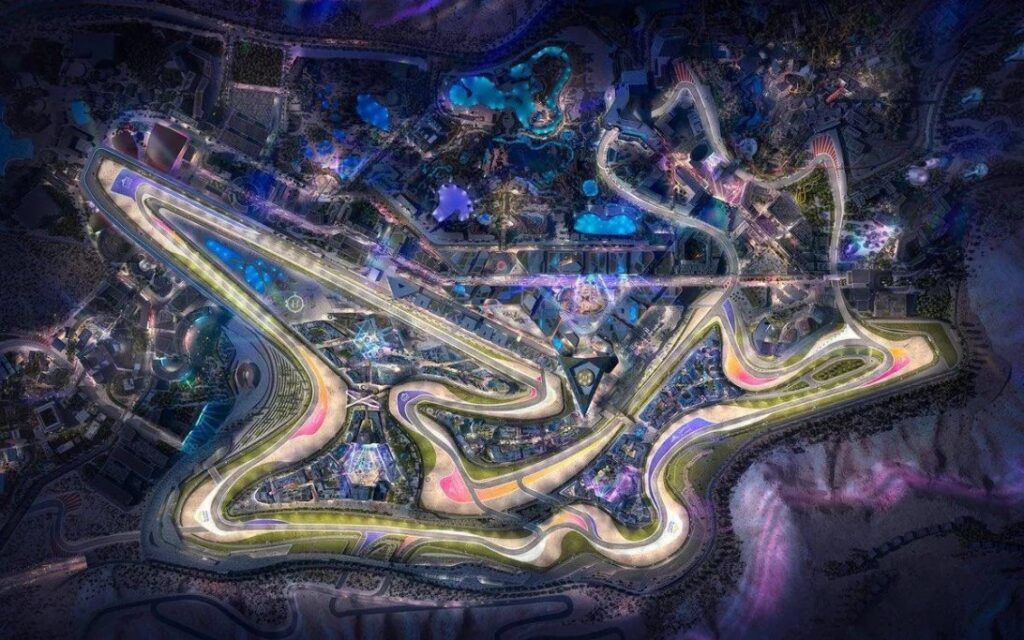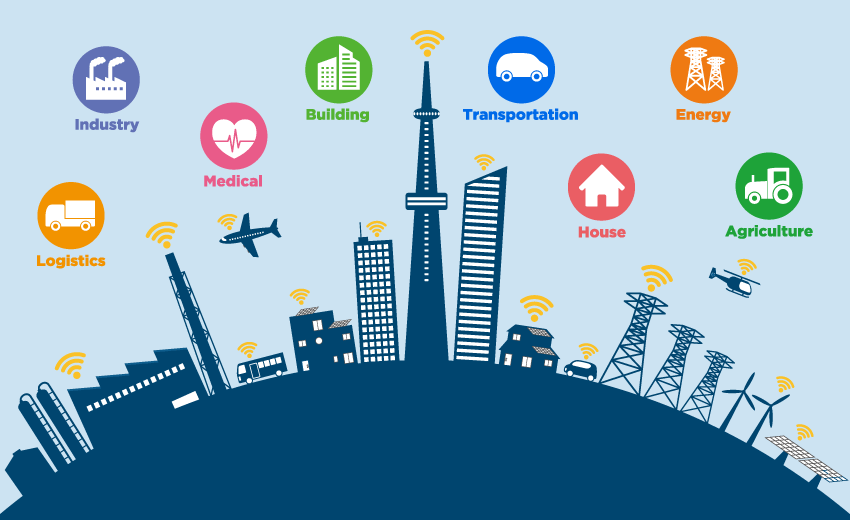Saudi Arabia is rapidly positioning itself as a global leader in sustainable tourism, focusing on preserving its natural heritage while boosting the economy. Through the Vision 2030 initiative, the Kingdom commits to developing eco-friendly tourism infrastructure, from sustainable hotels to renewable energy projects that protect its unique landscapes. This transformation in Saudi Arabia aligns with global efforts to promote environmental sustainability and offers a model for other nations in the region and beyond.
Sustainable Tourism and Vision 2030
The development of sustainable tourism plays a key role in Saudi Arabia’s Vision 2030. In fact, this ambitious national strategy seeks to diversify the Kingdom’s economy and reduce its dependence on oil by focusing on industries like tourism. With a rich cultural and environmental heritage, Saudi Arabia’s untapped tourism potential is vast. Therefore, Vision 2030 unlocks this potential through investments in eco-friendly projects.
The Role of Vision 2030 in Protecting Nature
Under Vision 2030, Saudi Arabia has taken significant steps to protect nature while expanding its tourism industry. The Kingdom features diverse ecosystems, including deserts, mountains, and coastal regions, which are integral to its tourism offerings. Moreover, protecting these natural landscapes remains a top priority. Vision 2030 emphasizes eco-tourism and conservation efforts that ensure minimal environmental impact from tourism activities. From developing green tourism zones to introducing eco-conscious policies, Saudi Arabia sets a new standard for the region.
Saudi Arabia’s commitment to sustainable tourism shines through various high-profile projects designed to balance growth with environmental responsibility.
Eco-Friendly Hotels and Resorts
One of the key components of sustainable tourism is the development of eco-friendly hotels and resorts. Many of these new accommodations utilize renewable energy, employ sustainable construction methods, and minimize water usage, which is crucial in a desert environment. Hotels and resorts like those in the NEOM project are leading examples of how Saudi Arabia is investing in green hospitality. This initiative is not just about reducing the environmental footprint but also about offering unique experiences that showcase the Kingdom’s natural beauty.
Sustainable Transportation Options
Transportation plays a major role in sustainable tourism. Therefore, Saudi Arabia has started investing in renewable energy-powered transportation options for tourists. Electric vehicles, eco-friendly buses, and solar-powered transportation systems reduce carbon emissions and provide greener options for travelers. Additionally, integrating smart city technologies in tourist hubs helps streamline transportation while maintaining a low environmental impact.
Conservation and Wildlife Protection Programs
As part of its drive to protect nature, Saudi Arabia has initiated several conservation programs. These efforts focus on preserving wildlife and protecting endangered species native to the Kingdom, such as the Arabian oryx. Furthermore, national parks and protected areas expand, while sustainable tourism activities like eco-safaris and wildlife viewing tours gain popularity. By prioritizing conservation, Saudi Arabia safeguards its biodiversity while enhancing its eco-tourism offerings.
The Role of Renewable Energy in Sustainable Tourism
Renewable energy is another cornerstone of Saudi Arabia’s sustainable tourism strategy. Projects like The Red Sea Project are entirely powered by renewable energy, setting an example for large-scale tourism developments. The shift toward clean energy, particularly solar and wind, helps to mitigate the environmental impact of tourism while also contributing to the Kingdom’s broader sustainability goals.
Asea Brown Boveri’s Role in Saudi Arabia’s Renewable Tourism Sector
A notable contributor to Saudi Arabia’s sustainable tourism efforts is ABB, a global technology leader. In particular, ABB actively supplies renewable energy solutions for several tourism projects across the Kingdom, helping to reduce carbon footprints and promote green energy. With ABB’s support, projects like the Red Sea Development are on track to become some of the most sustainable tourist destinations in the world.
The Future of Sustainable Tourism in Saudi Arabia
Saudi Arabia’s commitment to sustainable tourism is set to continue well beyond 2030. As new technologies emerge and the global demand for eco-friendly travel grows, the Kingdom stands well-positioned to lead in this space. By focusing on protecting nature while developing world-class tourism infrastructure, Saudi Arabia creates a sustainable tourism model that balances economic growth with environmental stewardship. In this way, this initiative aligns perfectly with the goals of Vision 2030 and reflects a broader trend toward responsible tourism.
Protecting Nature While Transforming Tourism
Saudi Arabia is making great strides in sustainable tourism, driven by Vision 2030’s focus on protecting natural resources while boosting the economy. With advanced technology solutions such as smart energy management systems and eco-friendly transportation networks, Mingothings is well-positioned to support the Kingdom’s ongoing sustainability efforts. As Saudi Arabia continues to invest in green tourism, Mingothings’ expertise in driving digital transformation offers valuable opportunities for future eco-conscious initiatives.



